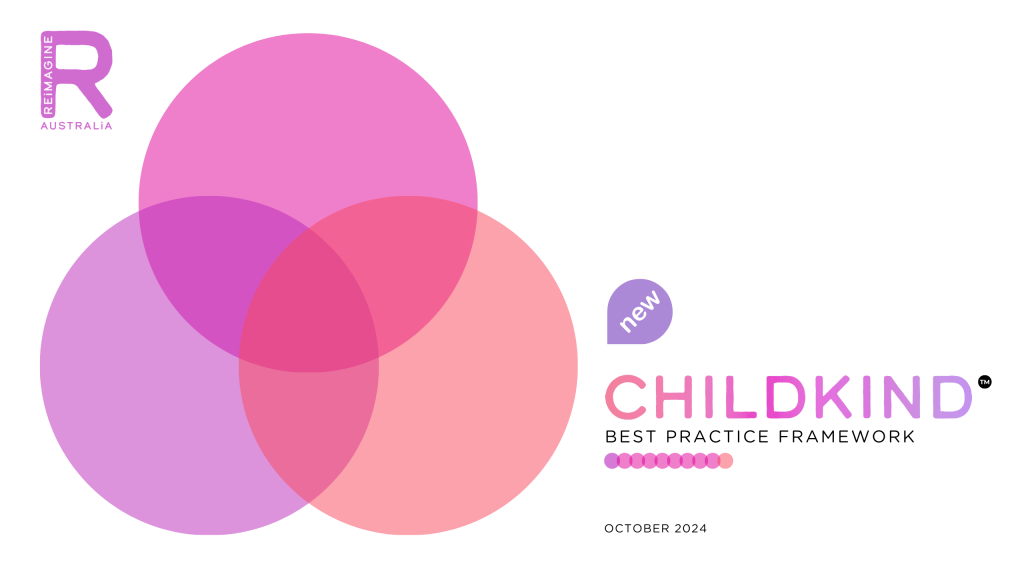CHILDKIND VALUE AND BEHAVIOUR 6
“I will be accountable and accept the outcomes of my actions and inactions.”
Being responsible involves being accountable for one’s actions and decisions, ensuring that children and families can trust practitioners to deliver high-quality care. For early childhood practitioners, responsibility means owning the outcomes of their interventions and supports, whether positive or negative. It also involves careful planning, reflection, and follow-through to meet the unique needs of each child and family. Being responsible ensures that practitioners are reliable, dependable, and committed to maintaining high standards of care. This is especially important when supporting children with disabilities or developmental differences, as consistent and responsible care contributes to their well-being and development.
Responsibility is a cornerstone of ethical practice in early childhood settings. Australian research by Sims and Hutchins (2011) emphasises the importance of accountability in maintaining trust between families and practitioners. When practitioners take responsibility for their actions, it builds confidence among families, who rely on early childhood educators to provide safe, effective, and reliable care for their children. Additionally, studies by Nolan (2019) highlight that responsible practice leads to better decision-making and improved outcomes for children with disabilities, as it encourages practitioners to reflect on the impact of their actions and adjust their supports accordingly. The Reimagine Australia Code of Ethics reinforces this in Principle 1.6, which emphasises the importance of accountability and reliability in delivering supports that are responsive to the needs of children and families.
BEST PRACTICE PRINCIPLES, CHILDKIND WAYS OF WORKING AND KEY COMPETENCIES
This value or behaviour supports the Best Practices below:
This value or behaviour supports the Ways of Working below:
The value or behaviour suports the Key Competencies below:
Reflection questions are a valuable tool for practitioners, promoting self-awareness, critical thinking, continuous improvement, and stronger relationships in their work with children and families:
What strategies do I use to reflect on the outcomes of my interventions with children?
How do I maintain open communication with families about the supports and actions I take?
What steps can I take to ensure that I am reliable and dependable in the eyes of children and families?
Responsibility means being accountable to the children and families we serve, ensuring that their well-being is always our top priority.
Reimagine Australia Code of Ethics
Access more information on the ChildKind Best Practice Framework with its 10 Ways of Working, 30 Key Competencies and 8 supporting Values and Behaviours here:
